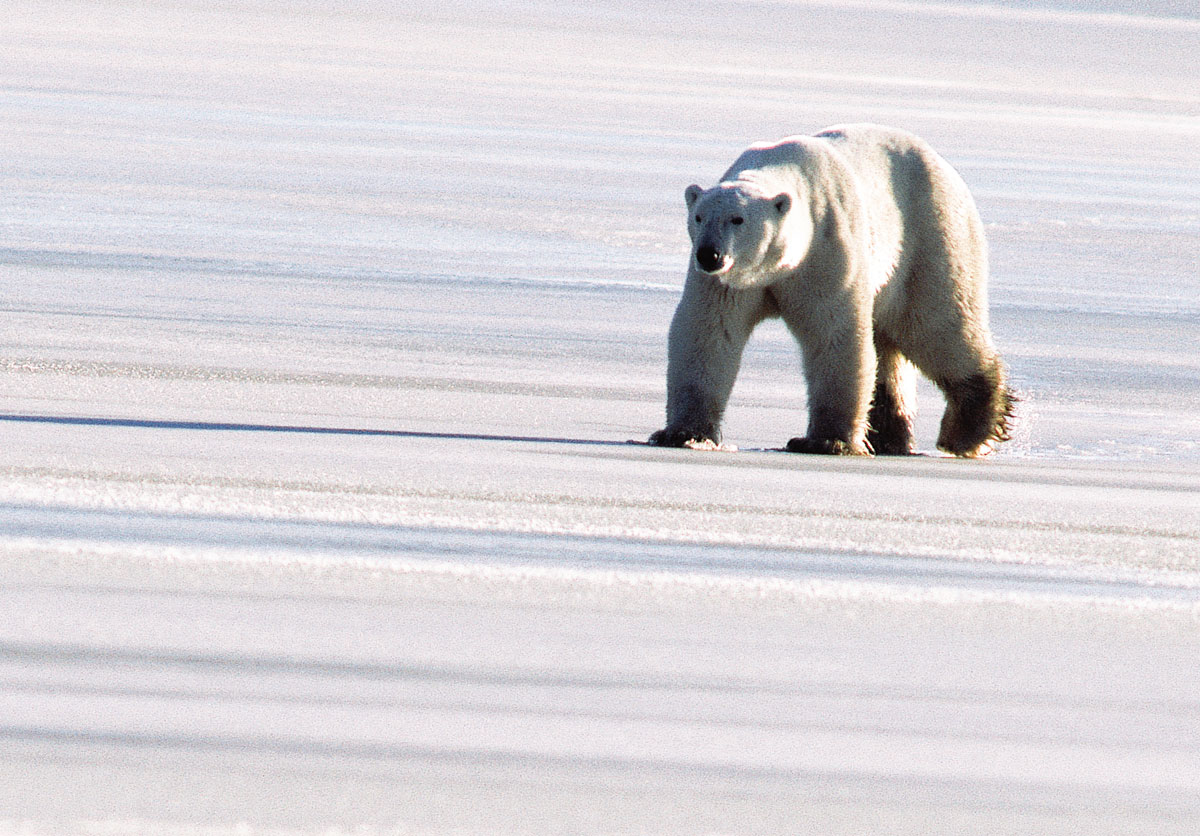SCI-Canada Fights For Polar Bear Hunt
SCI-Canada’s Director Bob Valcov participated in a Government of Canada Consultation Meeting, held Nov. 6, in preparation for the 16th CITES Conference (Convention on International Trade in Endangered Species) to be held in Bangkok, Thailand, in March 2013. CITES is an international agreement between governments. Its aim is to ensure that international trade in specimens of wild animals and plants does not threaten their survival.
The meeting was part of the process whereby the Government of Canada develops its position with respect to a number of proposals concerning various wild animals and plants.
Also taking part in this exercise were representatives of a wide range of organizations, including the World Wildlife Fund, Sierra Club, Humane Society International, International Fur Trade Federation, IWMC World Conservation Trust, the Government of Nunavut Territory and groups representing Canada’s northern aboriginal people.
Once again, based on political motivation and without the backing of sound scientific evidence, the United States will move to up-list polar bears.
 “The US thinks too many are being hunted in Canada and will push for an international ban on the trade of polar bear pelts, claws, teeth, and other body parts,” reports the Los Angeles Times. “If the US convinces the Convention on International Trade in Endangered Species to go along at its next meeting in March, polar bear skins would be as protected as elephant ivory.”
“The US thinks too many are being hunted in Canada and will push for an international ban on the trade of polar bear pelts, claws, teeth, and other body parts,” reports the Los Angeles Times. “If the US convinces the Convention on International Trade in Endangered Species to go along at its next meeting in March, polar bear skins would be as protected as elephant ivory.”
On behalf of Safari Club International, Bob Valcov intervened first by reminding participants that hunters were and are the first conservationists, giving generously of their time and money to protect wildlife and its habitat. With regard to polar bears, he went on to focus on five key points:
- Polar bears do not meet the biological criteria for CITES Appendix I;
- Polar bear populations are currently healthy;
- CITES is a Convention that regulates international trade;
- Levels of trade by range states are: Canada 79%; US & Russia together only 1%; and
- CITES is not the vehicle to regulate poaching.
(These points are available in more detail at the “News” page of: www.sci-canada.ca)
Valcov concluded by urging the Government of Canada to vigorously oppose the US proposal and to use its international influence to ensure that other participating CITES nations unite to defeat the American proposal.
SCI-Canada works on this very important issue by helping to link the international efforts of SCI and Inuit groups, both of whom will have delegations at CITES and are opposed to this move by the US to end polar bear hunting.  Hopefully, after SCI-Canada’s urging, the Government of Canada will once again seek to block this ill-advised American proposal.

